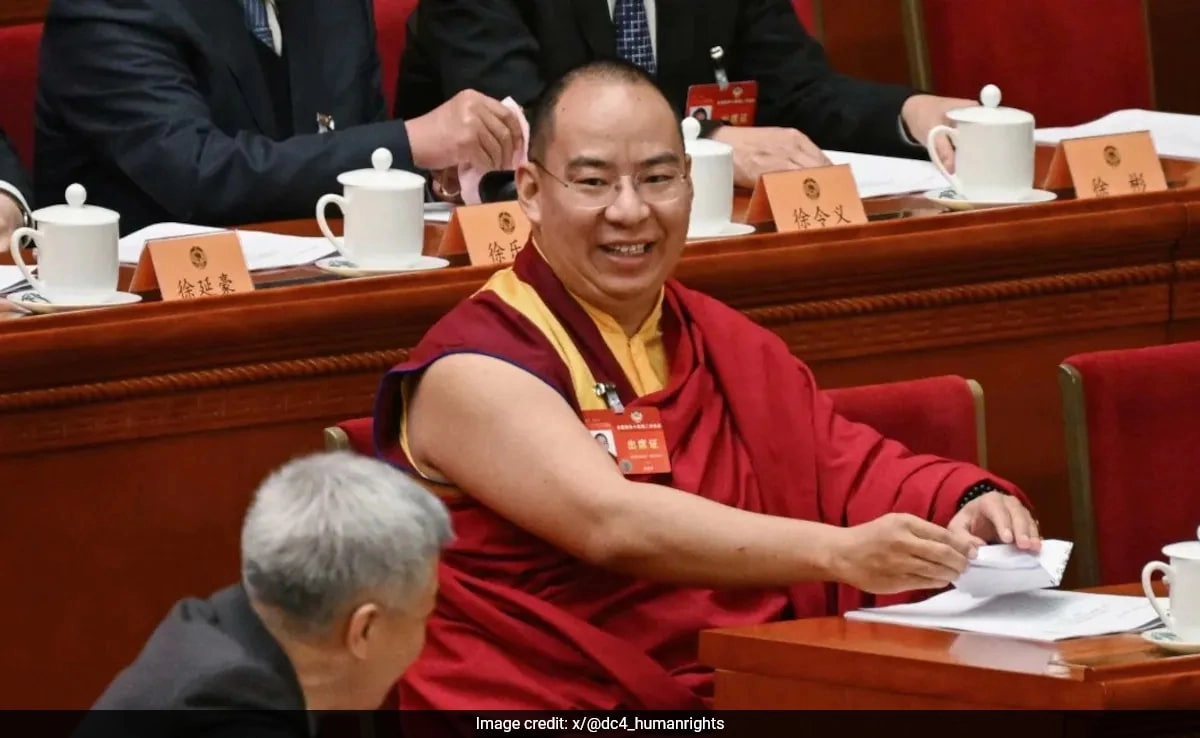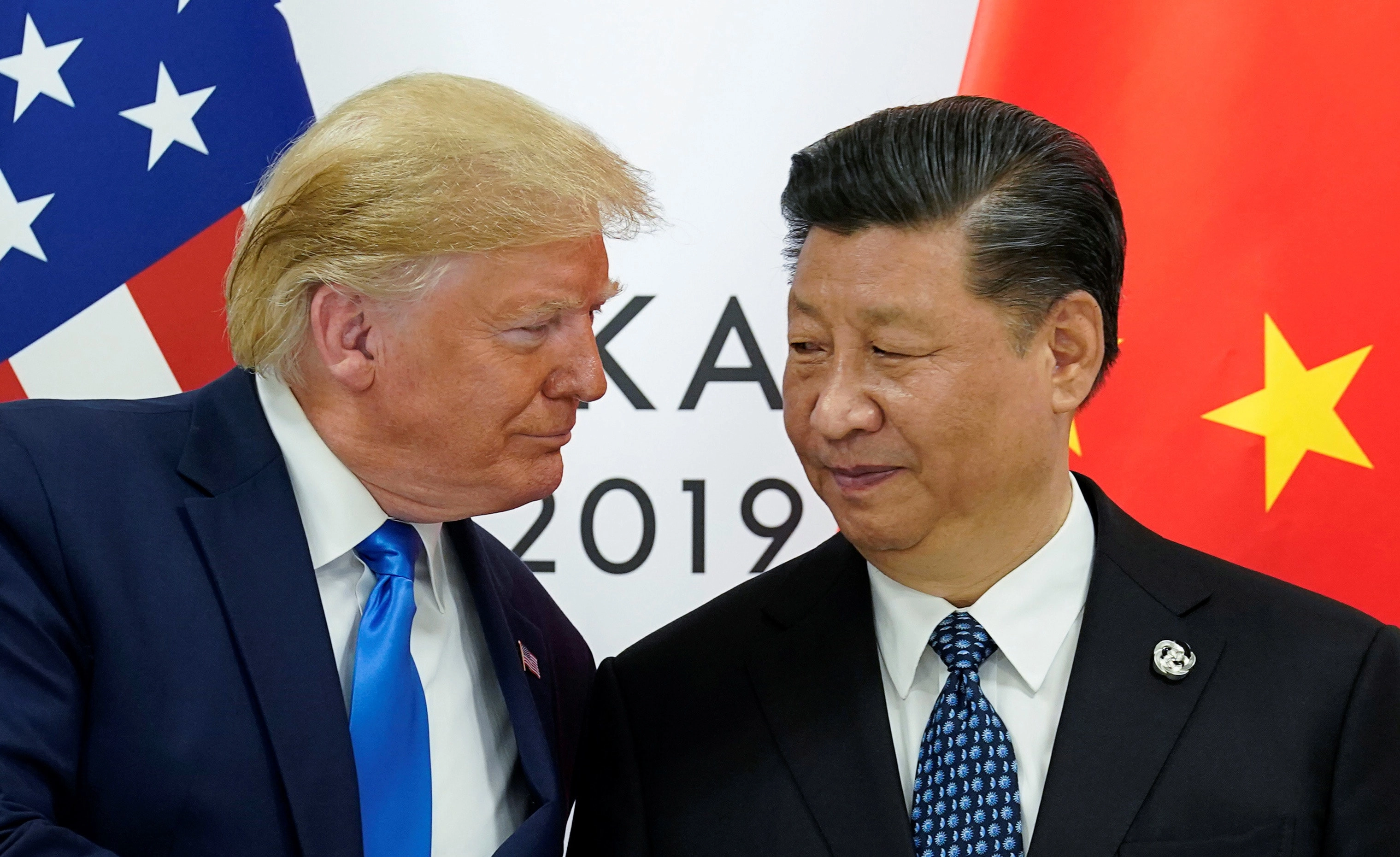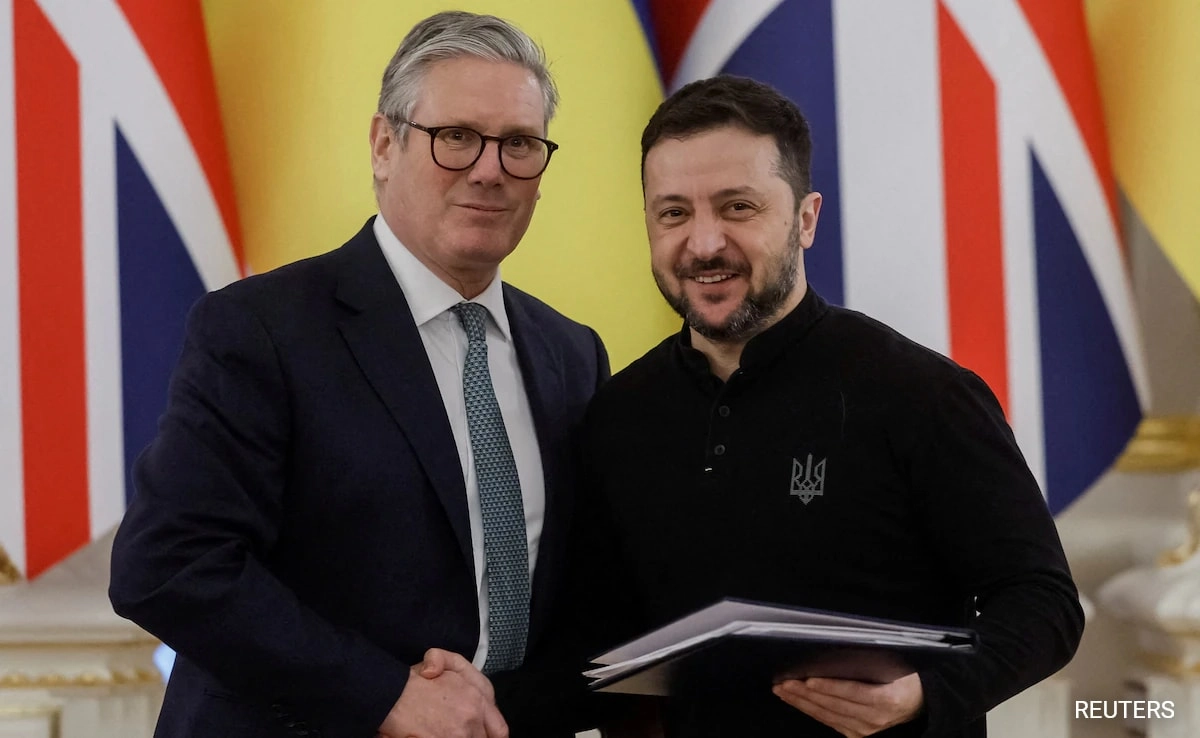The succession of the Dalai Lama is a topic of significant interest, especially given the historical and political complexities surrounding Tibetan Buddhism. Central to this discussion is Gyaltsen Norbu, the Panchen Lama chosen by the Chinese government in 1995. His selection has been a point of contention, particularly in the eyes of many Tibetans who regard another child, Gedhun Choekyi Nyima, as the true Panchen Lama. The Panchen Lama holds a vital role in Tibetan Buddhism, traditionally recognized as the second-highest spiritual leader after the Dalai Lama. The position is particularly influential because the Panchen Lama is believed to play a crucial role in the identification of the next Dalai Lama, making the stakes even higher in the context of the ongoing political situation in Tibet.
Gyaltsen Norbu’s elevation to this esteemed role was accompanied by state-sanctioned ceremonies and a narrative crafted by the Chinese government, portraying him as a loyal and patriotic figure who aligns with the party’s ideology. This contrasts sharply with the sentiments of many Tibetan Buddhists who see the Chinese government’s interference in religious matters as an infringement on their spiritual autonomy. While Gyaltsen Norbu has participated in various official events and has been depicted in a positive light within state media, he remains a polarizing figure. Many Tibetans refuse to recognize him as the legitimate Panchen Lama, viewing him instead as a representative of the Chinese regime rather than an authentic religious leader.
The broader implications of Gyaltsen Norbu’s selection and the subsequent controversies surrounding it extend beyond Tibetan Buddhism, reflecting the ongoing tensions between China and Tibetan identity. The Dalai Lama’s eventual succession will likely continue to be influenced by this political backdrop, as the Chinese government seeks to assert control over religious leadership in Tibet. Meanwhile, the Tibetan diaspora and supporters around the world advocate for the recognition of Gedhun Choekyi Nyima, who has been missing since his identification as the Panchen Lama. This situation underscores the complexities of religious authority in a politically charged environment and raises questions about the future of Tibetan Buddhism and its leaders. As the dialogue around the Dalai Lama’s succession evolves, it remains a critical issue for Tibetans and those who support their quest for spiritual and cultural autonomy.




